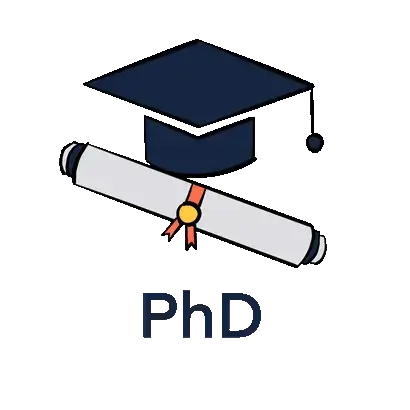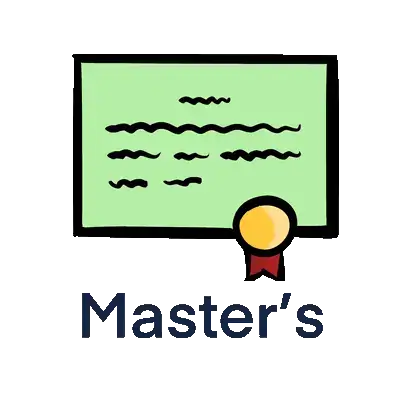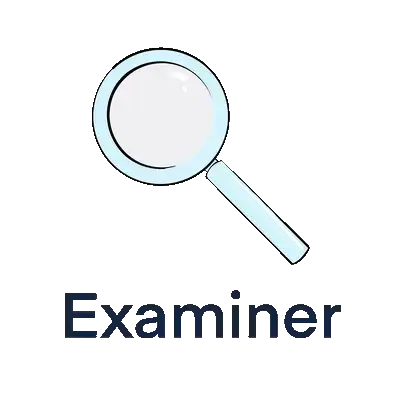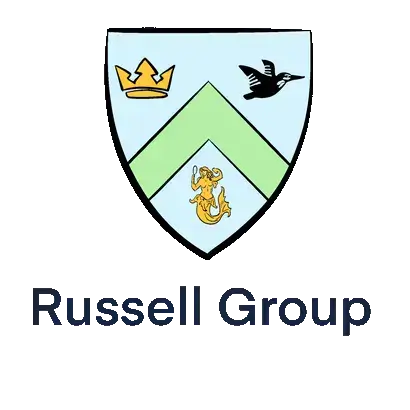Is Wikipedia a reliable source for students?
In this article, John, an experienced teacher, explores the pros and cons of using Wikipedia. Whether you are a student at school, college or university, you will find a range of practical points you will need to consider, as well as ethical considerations. So, can Wikipedia be considered a reliable source? Read on to find out!
Internet Research – Where to Begin?
The internet is brilliant.
When a question enters your head, an answer is only a few key strokes away. (Notice that I said “an” answer: not “the” answer).
Putting aside the possible impact on our attention span of 24-hour, all-you-can-eat information, we also face the problem of information overload; where do you even start?
Well, you could do a lot worse than Wikipedia – as a place to start – depending on which subject you’re interested in.
Wikipedia as a Tool
If you’re a bit sketchy on your maths or physics, then you might find Wikipedia too technical (setting the language to “Simple English” can sometimes be useful here).
Or if you’re wondering who the Prime Minister is these days, you might find the relevant Wiki page oddly positive in its presentation of them – or strikingly critical and bizarre. Just like any information source, you can’t necessarily take it at face value.
Due Diligence!
You always have to do some due diligence and evaluate the credibility of the source before you decide whether to rely on its content.
Hundreds of dedicated volunteers churn out several thousand new Wikipedia pages per week, and edit thousands more. They are doing their best to make Wikipedia consistent and reliable. But Wikipedia can be edited by anyone, so a Prime Minister’s PR manager might choose to remove something embarrassing and accentuate the positive.
And a modern-day Guy Fawkes might decide to pepper the government’s pages with digital vandalism for precisely the opposite reasons.
It is possible to look under the hood of Wikipedia and inspect the history of edits behind each page, but who really has time to then go and check up to see who this may0000221 from Pyongyang is anyway?
It’s much quicker to simply read the page with your head fully on the task at hand. And that means giving yourself a moment every so often to reflect on whether the text has the ring of authenticity about it.
Critical Thinking is Essential
Let’s say you’ve hit upon a Wiki page that seems legit. It’s intelligible, and it seems to be consistent with what you already know about a subject – and you’re confident that the apparent consistency and common-sense-ness of the article is not just the product of you being in an echo chamber or a filter bubble that tends to reinforce your existing prejudices.
Fine, then.
So you can reference it in your essay, right?
Well, probably.
Most exam boards will be OK with it; many university professors will not.
A good academic essay or research paper will refer to a range of sources. This means including primary sources – the original books, art works, articles or personal communications that originated the information you’re interested in. Wikipedia, as an encyclopaedia, is a tertiary source – it is based on primary sources and secondary sources (sources that are about primary sources).
So, you shouldn’t just use Wikipedia as your sole source in an essay. But you can use it to find other sources – they’re all listed at the end of the Wiki page.
Wikipedia and Higher Level Learning
If you write a master’s or a PhD thesis, then you should make a note of how you performed your literature search, i.e., what your procedure was to actually look online or in actual libraries in order to find the articles, books and other sources you ended up using.
This is more important if you’re trying to discover brand new information, because the way you do the search will shape the kinds of results you find.
If you only looked in your school library, for example, you might not have a very complete picture of the history of scholarship on Shakespearean sonnets, for example. And even if you looked through the biggest thousand online databases of criticism and analysis of Shakespeare, you might find that you’ve missed out on extremely important work done in cultures that are not represented in those databases.
It’s food for thought.
For your essays, even up to the end of postgraduate study, you might seem a bit over-keen if you thoroughly describe how you did your literature search, which key words you included as search terms, and how you decided which results to include and which to exclude – but you’ll be ahead of the game should you want to go onto postgraduate study or work in evidence-based practical fields like medicine. And if that is where you end up, suffice it to say that “I looked on Wikipedia” won’t be very impressive in those circles.
So, it’s OK to use Wikipedia, and you should keep half an eye on your search methodology if you’ve got academic ambitions.
Wikipedia Can Change
Remember, though, that, like all websites, Wikipedia is subject to change, so when you include a reference to a Wiki page in your bibliography, you should cite it with the date on which you accessed it.
If an examiner goes back to check your web link and finds something missing or altered, then the fact that you included the date on which you yourself looked at that page will save your bacon. (In fact, some online publications have a so-called DOI address which is permanent, so if you cite a text’s DOI, you don’t need to also include the date of access.)
I hope this article will be the beginning of an excruciating and lifelong existential dilemma about the credibility of information for you!
Before you go, I also invite you to reflect upon the ethics of checking Wikipedia for sources which you then end up citing in your own essay, but without mentioning the fact that you got them from Wikipedia.
Well, on the plus side, you will have avoided all the hand-wringing about how to finesse the fact that you used a website that some traditionalist academics sniff at, and you may even have sagely nodded to yourself about the potential blind spots in your analysis caused by the fact that Wiki only refers to the particular subset of sources that its particular authors deemed important (possibly more often ones written by long-dead white men rather than other types of people), and you are about to hand in your essay, which is engagingly written and includes a range of primary and secondary sources that would be the envy of any jobbing academic.
Final Thoughts – Wiki-ethics
My question, then, is this: do you have an ethical duty to mention Wikipedia in your essay if you used it when writing your essay? (Hint: are you relying on other people’s work when you use Wikipedia? And is their work, say, by giving you a list of primary and secondary sources to use, helping in some way to shape your own work? Is it therefore plagiarism if you don’t mention any of this?)










Start the discussion!